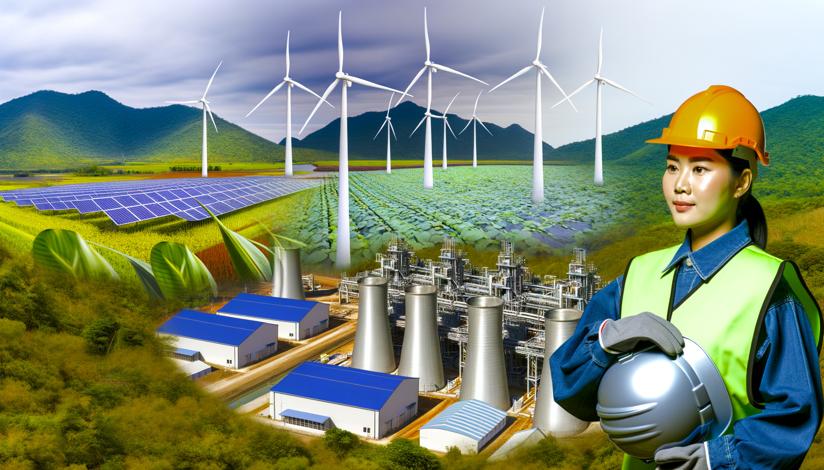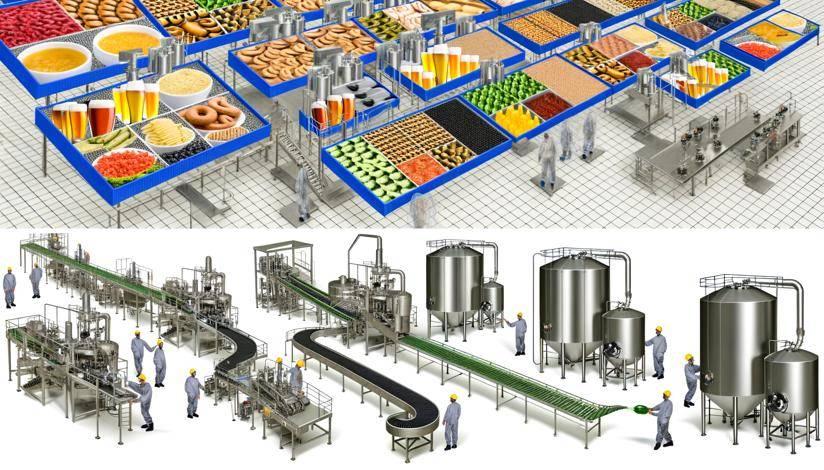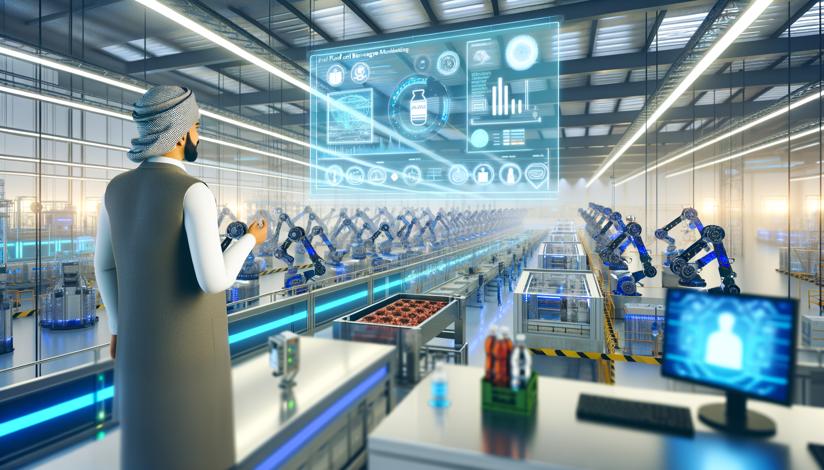

Food and beverage manufacturing plays a crucial role in sustainable production. With the growing concern for the environment and the need to reduce waste, energy efficiency, water conservation, and recyclable packaging have become key factors in the industry. By implementing sustainable practices, food and beverage manufacturers can reduce their carbon footprint and contribute to a cleaner and healthier planet.
One of the main areas of focus for sustainable production is reducing waste. Food and beverage manufacturers can implement waste reduction strategies by optimizing production processes, minimizing food waste, and implementing recycling programs. By reducing waste, manufacturers can not only save money but also reduce the environmental impact of their operations.
Energy efficiency is another important aspect of sustainable production. Food and beverage manufacturing requires a significant amount of energy, and adopting energy-efficient practices can help reduce the overall energy consumption. This can be achieved by optimizing equipment, improving insulation, and utilizing renewable energy sources such as solar power.
Water conservation is also a vital part of sustainable production in the food and beverage industry. By implementing water-saving measures, such as using water-efficient equipment, implementing water recycling systems, and implementing water-efficient processes, manufacturers can minimize water usage and reduce their environmental impact.
Lastly, recyclable packaging is an essential component of sustainable production. By using recyclable and biodegradable materials for packaging, food and beverage manufacturers can significantly reduce waste and contribute to a circular economy. Additionally, manufacturers can also encourage consumers to recycle packaging by providing information and incentives.
In conclusion, food and beverage manufacturing plays a crucial role in sustainable production by reducing waste, improving energy efficiency, conserving water, and using recyclable packaging. By implementing these practices, manufacturers can contribute to a cleaner and healthier planet for future generations.

Reducing waste
Energy efficiency
Water conservation

Higher initial costs
Requires implementation of new technologies
Requires employee training

























-
https://www.foodengineeringmag.com/articles/97652-the-role-of-food-and-beverage-manufacturers-in-sustainable-production
-
https://www.foodprocessing.com/articles/2021/sustainable-food-beverage-manufacturing/














































